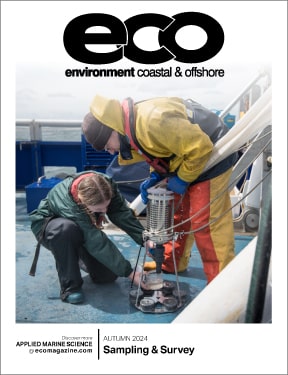This position is part of an ARPA-E funded project focused on monitoring, reporting, and verification (MRV) of ocean fertilization marine carbon dioxide removal (mCDR) strategies. The successful candidate will construct a trait-based model of carbon transport by vertically migrating zooplankton. To do so, this person will analyze extensive optical datasets to determine key parameterizations for the model, alongside co-PIs at the Bermuda Institute of Ocean Science (BIOS) who have collected and curated the datasets. This model will then be used for sensitivity analyses to optimize implementation of vertical migration and associated carbon transport in a separate coupled regional-biogeochemical ocean model, which will be constructed and implemented by co-PIs at UCLA.
This project will be collaborative, fast-paced, and exciting, with strong tech2market and carbon accounting components. The successful candidate will focus on the stand-alone zooplankton vertical migration model, but will be an integral part of an interdisciplinary team, and will gain exposure to the fast-breaking field of mCDR MRV and carbon accounting. Remote and in-person candidates will be considered.
Requirements
- PhD in oceanography or related field
- Experience with numerical modeling
- Experience in writing and using code in different coding languages
- Experience with data analysis of large datasets
- Experience in scientific manuscript preparation and publication
- Enthusiasm for working both independently and as part of a team
- Comfort with a fast-paced project and intermediate project deadlines throughout
- Experience with optical image datasets a plus, but not required
The preferred start date for this position is February 2024, though this can be flexible. It is funded for a three-year term, contingent on satisfactory annual performance reviews. The salary range for this position is $60,000-65,000 per year, based on experience, with a generous benefits package including health care, retirement contribution, and paid time off. Some supervision of research undergraduates may be required.
Screening of candidates will begin January 22, 2024

